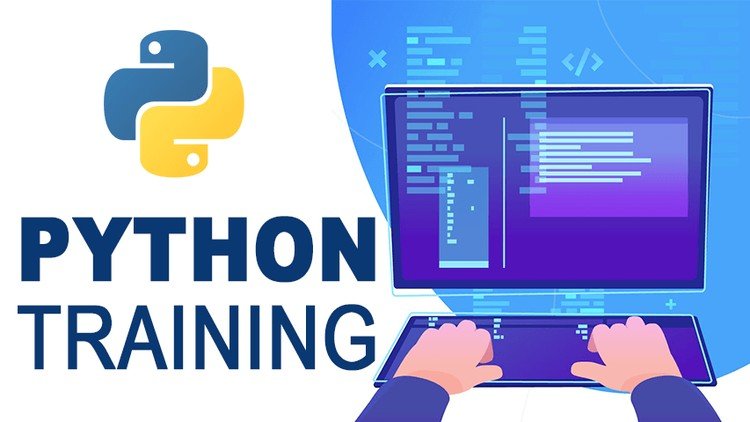Best Practices for Writing Efficient Python Code
Best Practices for Writing Efficient Python Code
Python is one of the most popular programming languages, known for its simplicity and versatility. However, writing efficient Python code is crucial to ensure performance, maintainability, and scalability, especially when working on complex projects. In this blog, we’ll explore the best practices for writing Python code that is both efficient and readable.
1. Write Readable Code
Readable code is easier to understand, debug, and maintain. Follow these practices to enhance readability:
- Use Descriptive Variable Names: Avoid single-letter or cryptic variable names.
# Bad x = 10 # Good item_count = 10 - Follow PEP 8 Guidelines:
PEP 8 is Python’s official style guide. Some key points include:- Use 4 spaces for indentation.
- Limit line length to 79 characters.
- Use blank lines to separate functions and classes.
def calculate_sum(a, b): return a + b - Add Comments and Docstrings:
Document your code to clarify the purpose of functions and classes.def calculate_sum(a, b): """Calculate and return the sum of two numbers.""" return a + b
2. Optimize Loops and Iterations
Loops can often become performance bottlenecks. To optimize:
- Use List Comprehensions:
They are faster and more concise than traditional loops.# Traditional Loop squares = [] for i in range(10): squares.append(i**2) # List Comprehension squares = [i**2 for i in range(10)] - Avoid Repeated Calculations Inside Loops:
Calculate values outside the loop when possible.# Inefficient for i in range(len(my_list)): print(len(my_list)) # Efficient list_length = len(my_list) for i in range(list_length): print(list_length)
3. Use Built-in Functions and Libraries
Python’s built-in functions and libraries like itertools, collections, and math are optimized and often faster than custom implementations.
# Using a built-in function
numbers = [1, 2, 3, 4, 5]
total = sum(numbers) # Faster and cleaner than a manual loop
4. Avoid Unnecessary Data Structures
Choose the right data structure for the task:
- Use
setfor membership tests (faster thanlist). - Use
dequefromcollectionsfor efficient queue operations.
from collections import deque
# Efficient Queue
queue = deque([1, 2, 3])
queue.append(4) # Add to the end
queue.popleft() # Remove from the front
5. Leverage Generators
Generators are memory-efficient and ideal for handling large datasets. They yield items one at a time instead of storing them in memory.
# Generator Function
def generate_numbers(n):
for i in range(n):
yield i
for num in generate_numbers(10):
print(num)
6. Use Exception Handling Wisely
Avoid overusing exceptions for flow control as it can slow down your code. Use them for genuine error cases.
# Bad
try:
value = my_dict['key']
except KeyError:
value = None
# Good
value = my_dict.get('key', None)
7. Profile and Benchmark Your Code
To identify bottlenecks, use profiling tools like cProfile or line_profiler to measure the performance of your code.
python -m cProfile my_script.py
Use timeit for small code snippets:
import timeit
execution_time = timeit.timeit("sum(range(1000))", number=1000)
print(execution_time)
8. Avoid Global Variables
Global variables can make your code harder to debug and impact performance. Use function arguments and return values instead.
# Avoid
x = 10
def multiply_by_two():
return x * 2
# Better
def multiply_by_two(x):
return x * 2
9. Use Context Managers
Context managers simplify resource management (e.g., file handling) and ensure proper cleanup.
# Using a Context Manager
with open('file.txt', 'r') as file:
content = file.read()
10. Test and Refactor Regularly
Write unit tests to ensure your code behaves as expected. Use tools like pytest for testing and refactor your code periodically to maintain efficiency.
Conclusion
Writing efficient Python code is not just about speed—it’s also about maintainability and readability. By following these best practices, you can develop robust, scalable, and clean Python applications. Whether you’re a beginner or an experienced developer, these tips will help you make the most out of Python. Want to try 7 days free trial on Masterclass in Python ? Checkout here !
Happy coding!







